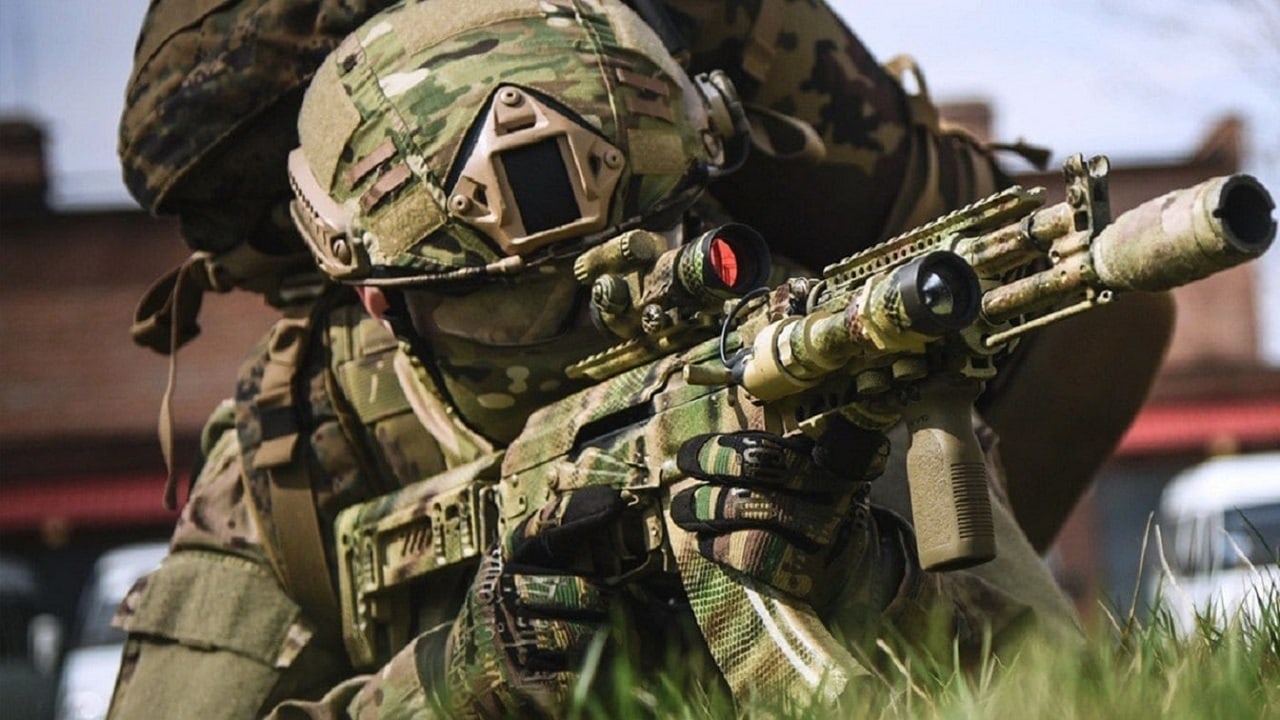Several days ago, Russian President Vladimir Putin ordered a unilateral 36-hour ceasefire in Ukraine in observance of the Russian Orthodox Christmas.
(Subscribe to Our YouTube Channel Here. Check out More 19FortyFive Videos Here)
From Friday noon to Saturday midnight, the Russian forces would stop fighting across the entire line of contact.
Innocent at first sight, the unilateral ceasefire was yet another attempt by Russia to control the narrative of the war and portray Ukraine in a bad light.
A Ceasefire With Only One Winner
The ceasefire was always intended to help only one side: Russia.
The sudden announcement of a unilateral ceasefire scheduled to take effect only a few hours later would present numerous logistical difficulties to the Ukrainians (for example, circulating the order or halt any scheduled operations, etc.), thus making it harder for Kyiv to agree.
But that would also make Ukraine seem unwilling to observe a major holiday.
So, either way, Russia would gain. If Ukraine agreed, the Russian forces would gain a much-needed respite from the fighting that would allow them to regroup and refit.
But if Ukraine refused, then it would look like Russia is trying to “negotiate” but failing because of Ukrainian reluctance.
Indeed, the ceasefire was also an attempt by the Kremlin to control the narrative around the war. The Kremlin couldn’t have expected Ukraine to meet the terms of its unilateral ceasefire so quickly and without any notice.
Ceasefires are dangerous and complicated affairs that require substantive preparation and communication. And it wouldn’t be the first time the Russian forces acted sketchy around a ceasefire. During the evacuation of civilians from Mariupol, Russian forces violated the ceasefire and killed several civilians.
In December, Kremlin spokesperson Dmitry Peskov had specifically denied that Moscow would be seeking a ceasefire over the Russian Orthodox Christmas.
“Russian President Vladimir Putin’s announcement that Russian forces will conduct a 36-hour ceasefire between January 6 and January 7 in observance of Russian Orthodox Christmas is likely an information operation intended to damage Ukraine’s reputation,” the Institute for the Study of War assessed in a recent operational update.
To be sure, the Ukrainian forces could also use some rest. But Ukraine is on the offensive, and maintaining the strategic initiative is key for Kyiv’s aspirations to liberate the rest of the country from the Russian forces.
Ceasefire or Not, the Fighting Continues
Regardless of the unilateral ceasefire, the fighting on the ground continues in earnest. According to British Military Intelligence, despite the Orthodox Christmas period, the fighting in Ukraine has continued in earnest, with both sides conducting limited offensive operations, especially in the east and the Donbas.
The heaviest fighting is taking place in the east along the Kreminna-Svatove line. The Ukrainian forces have been trying to reach Kreminna since September.
The town is key to reaching Svatove, which lies further to the east. And both control an important logistical route, which, if the Ukrainians manage to capture, would seriously hamstring Russian operations not only in the east but in the Donbas too.
In the Donbas, the fighting for Bakhmut is slowly slowing down as the Russian forces can’t break the Ukrainian defenses even after six months of siege.
Expert Biography: A 19FortyFive Defense and National Security Columnist, Stavros Atlamazoglou is a seasoned defense journalist specializing in special operations, a Hellenic Army veteran (national service with the 575th Marine Battalion and Army HQ), and a Johns Hopkins University graduate.

